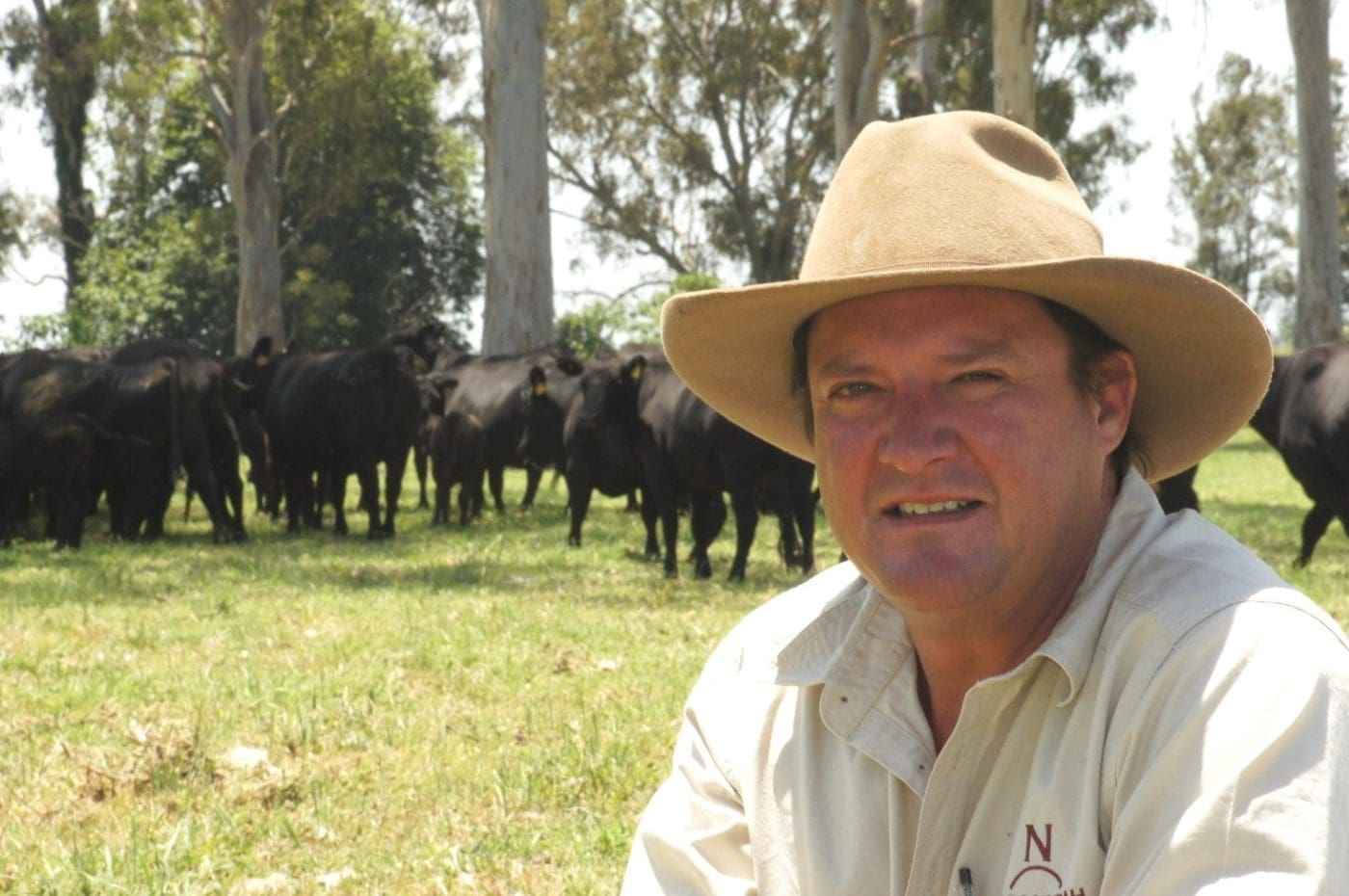RESEARCH with the potential to greatly enhance Queensland’s $5 billion per annum beef industry has earned $250,000 funding from the state government’s Advance Queensland Innovation Partnerships program.
The research into improving tick resistance in beef cattle being conducted by the University of Queensland, James Cook University and Nindooinbah Pastoral Co near Beaudesert could be a global game-changer, Innovation, Science and Digital Economy minister Leeanne Enoch said.
Production losses caused by tick burdens have been estimated at $160 million annually in Australia, and globally in the vicinity of $35 billion.
“This research into improving the identification and selection of beef cattle resistant to ticks will provide significant benefit to the beef cattle industry here in Queensland, and eventually around the globe,” Ms Enoch said.
“This is exciting news given that Queensland is the main producer of beef in Australia, being responsible for 60 per cent of the nation’s beef production.’’
Acting agriculture minister Dr Anthony Lynham said heavy tick burdens cause huge economic impacts through blood loss, general stress and irritation, decrease in productivity, fertility and immune function, damage to hides and transmission of pathogens.
“Many of the current treatments, such as pesticides, are simply not working as the ticks gradually become resistant,” he said.
“Some cattle are naturally able to prevent ticks from infestation, and any research which is able to identify and select breeds will directly lead to increases in profitability, productivity and sustainability.”
Seeking naturally tick-resistant animals
The multi-disciplinary team assembled between researchers at The University of Queensland, James Cook University, and industry partner Nindooinbah Pastoral Co, aims to identify naturally tick-resistant animals by examining the content of exosomes. Exosomes are small spherical vesicles that are made by every cell in a cow’s body and are transported throughout the body in blood.
Professor Murray Mitchell, an affiliate of the Queensland Alliance for Agriculture and Food Innovation at UQ, said the funding to the multi-disciplinary team had led to the establishment of this research.
He said developing a method of early identification of naturally tick-resistant animals would be a significant improvement in herd selection, and boost productivity in the state’s beef industry.
“If successful, the flow-on effects of this project for the beef industry will be saving millions of dollars in fighting against cattle ticks,” he said.
Nindooinbah Pastoral Co manager Nick Cameron said cattle ticks were a serious issue for the Queensland beef industry.
“It is a problem that will only worsen as current treatments against cattle tick are increasingly ineffective,” Mr Cameron said.
“Queensland will be well placed to become a leader in this area of basic and applied research with worldwide applications,” Ms Enoch said.
The Innovation Partnerships program boosts productivity growth and the competitiveness of existing industries, accelerates the development of emerging industries, and increases the speed and scale of translation of our science and research into new products, services and business models that can help drive economic and jobs growth in Queensland.
This research is one of 23 initiatives funded under two rounds of the Advance Queensland Innovation Partnerships program, totalling more than $16.7 million.
Source: Qld Govt

